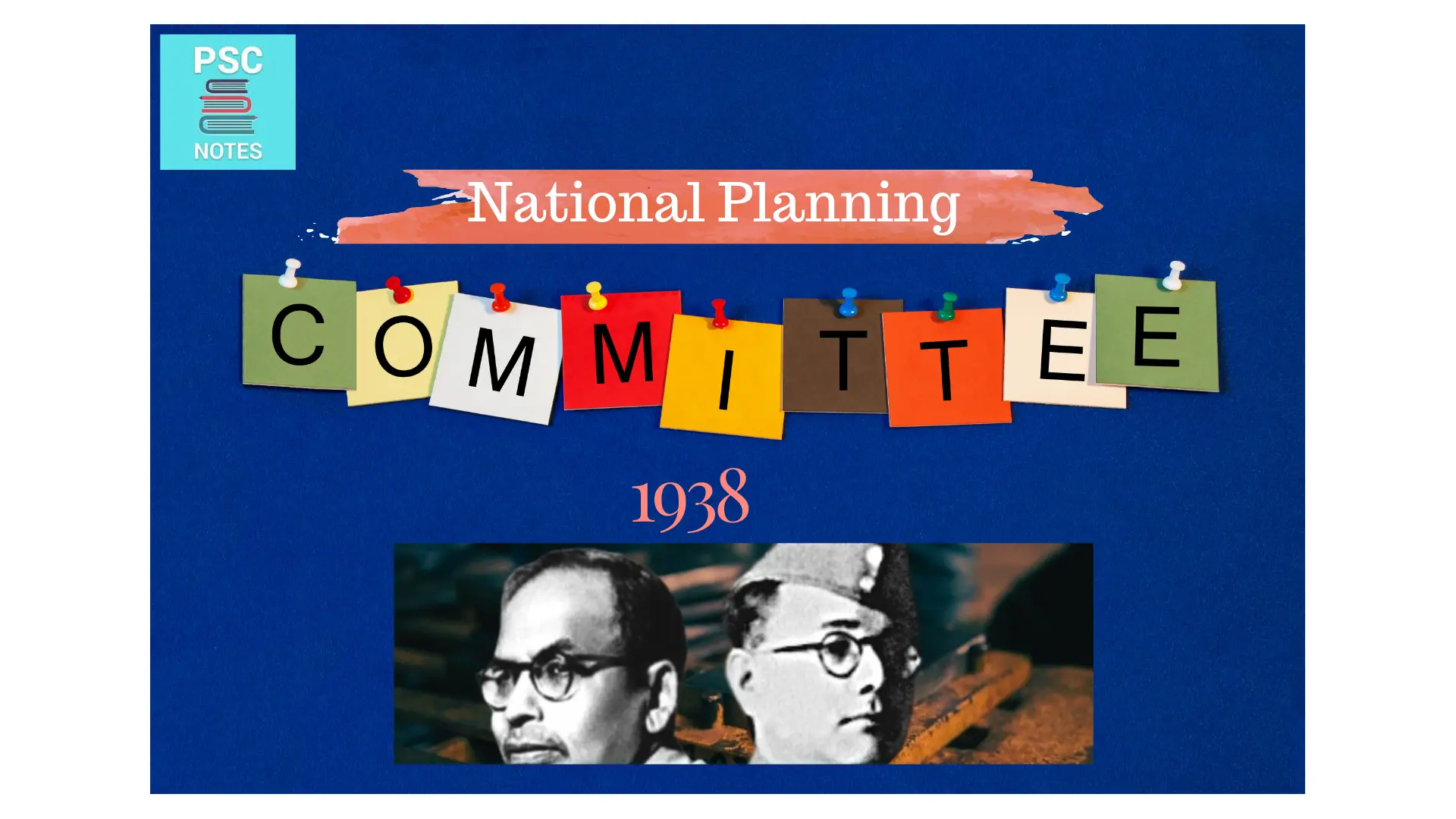National Planning Committees (1938)
The National Planning Committees (1938) subtopics are: Agriculture Industry Transport and Communications Labour Social Services Education Health Housing Town Planning Co-operation Finance Publicity and Propaganda Research and Statistics Constitutional Provisions General Provisions The National Planning Committee was set up in 1938 by the Indian National Congress to formulate a plan for the Economic Development of … Read more
